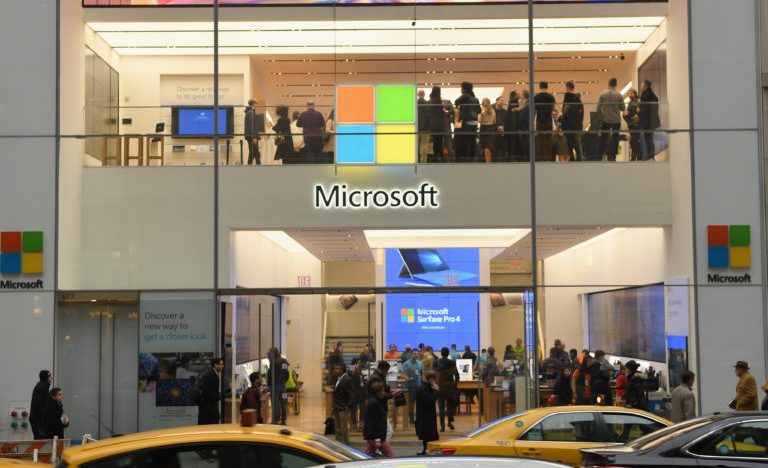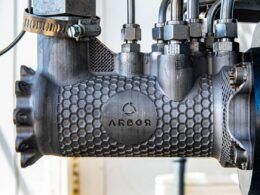Microsoft has signed one of the largest carbon dioxide removal (CDR) agreements to date, committing to purchase 3.685 million tonnes of carbon removals over 12 years from CO280, a US-based developer of large-scale engineered CDR projects. The deal involves capturing and permanently storing biogenic CO₂ emissions from a pulp and paper mill in the United States.
The project will retrofit an existing mill to capture emissions from boiler stacks, with captured carbon stored in geological formations. CO280’s partner, SLB Capturi, will supply the capture technology. The company is currently developing over ten CDR projects, with five prioritised for delivery by 2030.
“This agreement with Microsoft is a significant milestone for CO280 and the CDR market,” said Jonathan Rhone, co-founder and CEO of CO280. “We are committed to delivering high-quality, permanent carbon dioxide removal while supporting the economic and environmental wellbeing of the communities we serve.”
Brian Marrs, Microsoft’s Senior Director of Energy & Carbon Removal, added: “CO280 has proven how to combine innovative engineering with strong commercial development. Their strategy of adding carbon removal to existing paper mills is an efficient way to scale carbon removal and bolster investment and jobs in timberland communities.”
CO280’s approach leverages the infrastructure and biomass supply chains of the US pulp and paper industry, which currently emits around 88 million tonnes of biogenic CO₂ annually. By retrofitting existing facilities, the company aims to scale up CDR at lower cost and complexity, while adhering to sustainability standards such as those of the Sustainable Forestry Initiative (SFI) and Forest Stewardship Council (FSC).
The projects will utilise excess waste heat and biomass to power capture operations, and benefit from the proximity of many mills to geological storage sites and emerging CO₂ transportation networks. CO280 estimates that more than 75% of US pulp and paper mills are located within 100 miles of viable storage formations.
The Microsoft agreement is expected to support local economies and stimulate investment in mill communities, with CO280 projecting billions of dollars in capital inflows and job creation across the forest products sector.



















